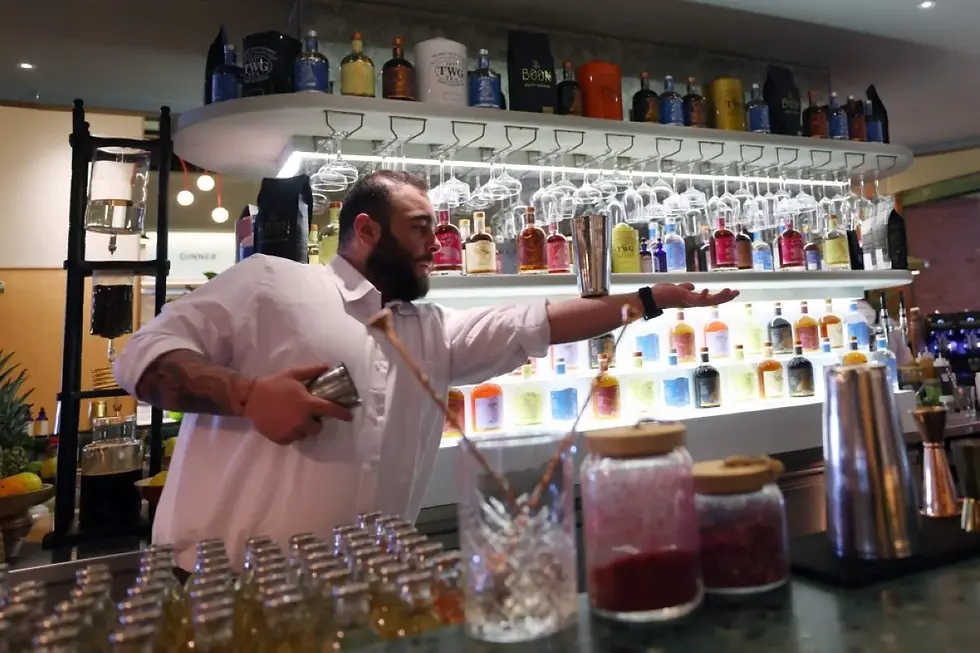Shantel's Hustle: From Runways to Smocha Stands
- Calvin Caltoto
- Aug 24, 2024
- 3 min read

Image by Ann Njeri
Shantel grew up in the heart of the ghetto, where every corner told a story of struggle and survival. From a young age, she had always dreamt of starting her own business. She was tired of seeing her friends stuck in dead-end jobs and wanted something more for herself—a life where she called the shots. Her dream? A simple "smocha" stand where she could sell chapati and smokie to the hardworking people in her neighborhood.
But before she could chase her dream, Shantel found herself in the world of modeling. It wasn’t exactly what she had envisioned for herself, but the allure of fast money drew her in. At first, it seemed like an exciting opportunity. The lights, the cameras, the attention—it all felt surreal. However, behind the glamour, the reality was far from what she had imagined. She faced constant harassment from her employer, who treated her and the other models like they were disposable.
One day, after yet another degrading comment, Shantel had enough. She walked out of the job, her head held high despite the tears stinging her eyes.
"Niko fed up na hii kazi ya modeling manze, siwezi endelea kuishi maisha ya kusumbuka kwa ajili ya fame!" she confided to her friend, Amani. (I’m fed up with this modeling life, I can't keep suffering just for the sake of fame!)
Determined to take control of her life, Shantel decided to pursue her original dream. She knew that starting a business wasn't going to be easy, especially without any capital. But she also knew she had something even more valuable—her willpower.
She approached her mother, explaining her plan to start a "smocha" business. Though her mother was hesitant at first, seeing the passion in Shantel's eyes made her relent. Shantel's mom offered her a small loan, enough to buy the initial supplies.
"Ma, hii ni kama golden chance yangu," Shantel told her. "Nataka kujijenga bila kutegemea msee." (Mom, this is like my golden chance. I want to build myself up without depending on anyone.)
With the loan secured, Shantel set up her stand in a busy corner of the ghetto. The first few days were tough—figuring out the best recipes, learning how to attract customers, and dealing with the competition. But Shantel’s resilience shone through. She had a natural talent for connecting with people, and soon enough, her "smocha" stand became a hit in the neighborhood.
"Unajua, ukiamua kufanya kitu na moyo wako wote, msee hawezi kudhani utafail," she told Amani during one of their evening chats. (You know, if you decide to do something with all your heart, no one can believe you’ll fail.)
Months passed, and Shantel’s business continued to grow. She expanded her menu, hired a few helpers, and even started thinking about opening a second stand. She was no longer just another girl from the ghetto—she was a successful entrepreneur, respected by her peers for her hard work and determination.
In her final confession, Shantel looked back on her journey. "Kujiajiri si mchezo, lakini ni freedom ile huwezi pata kwa kuajiriwa. Nilijua lazima nistruggle, lakini hakuna kitu sweet kama kujua you own your hustle." (Being self-employed isn’t easy, but it’s a freedom you can't get from being employed. I knew I had to struggle, but there’s nothing sweeter than knowing you own your hustle.)




Comments